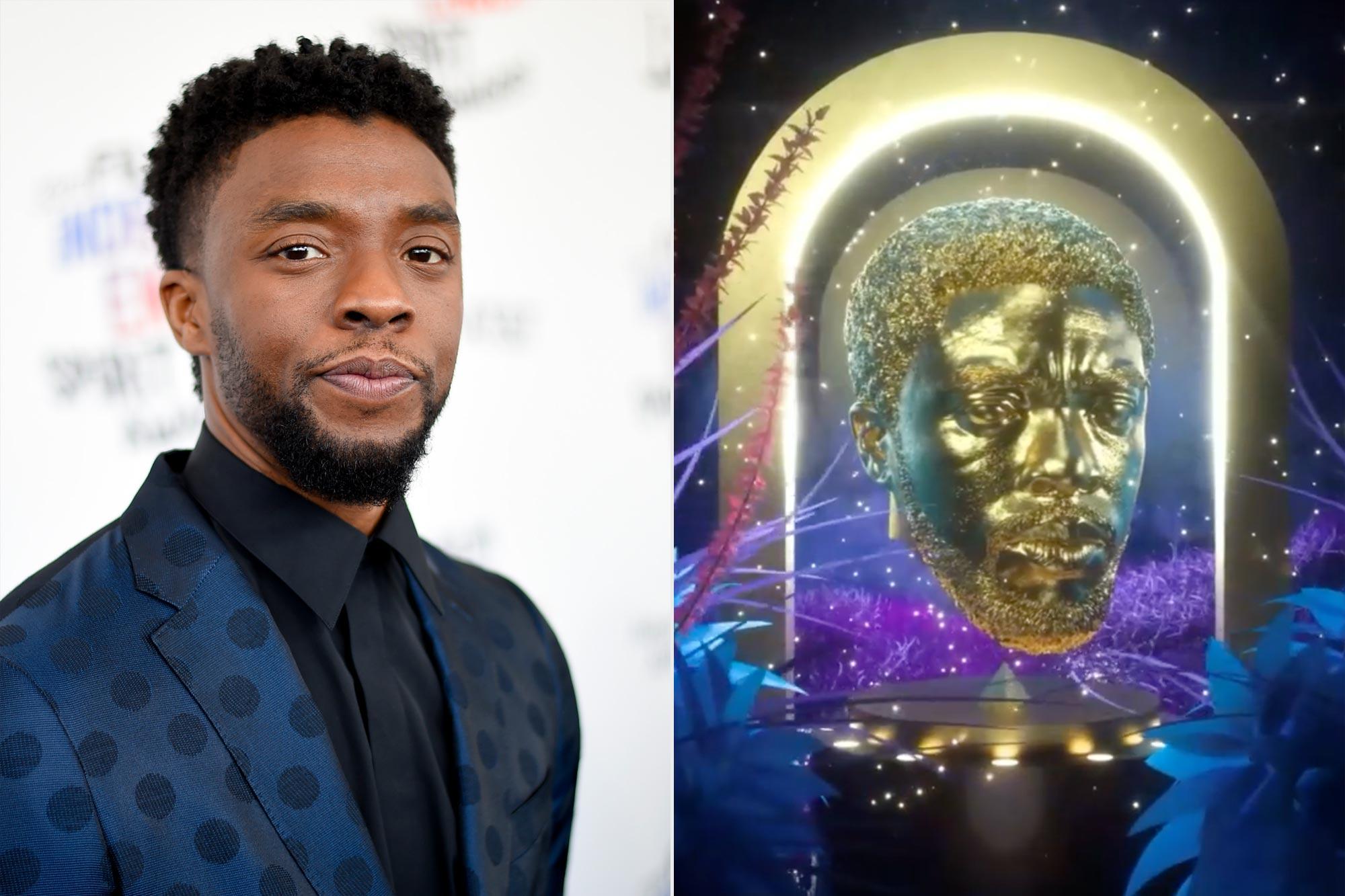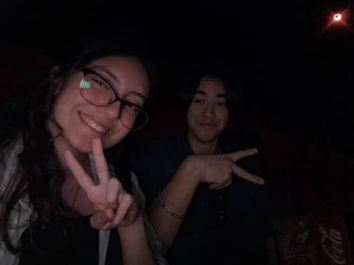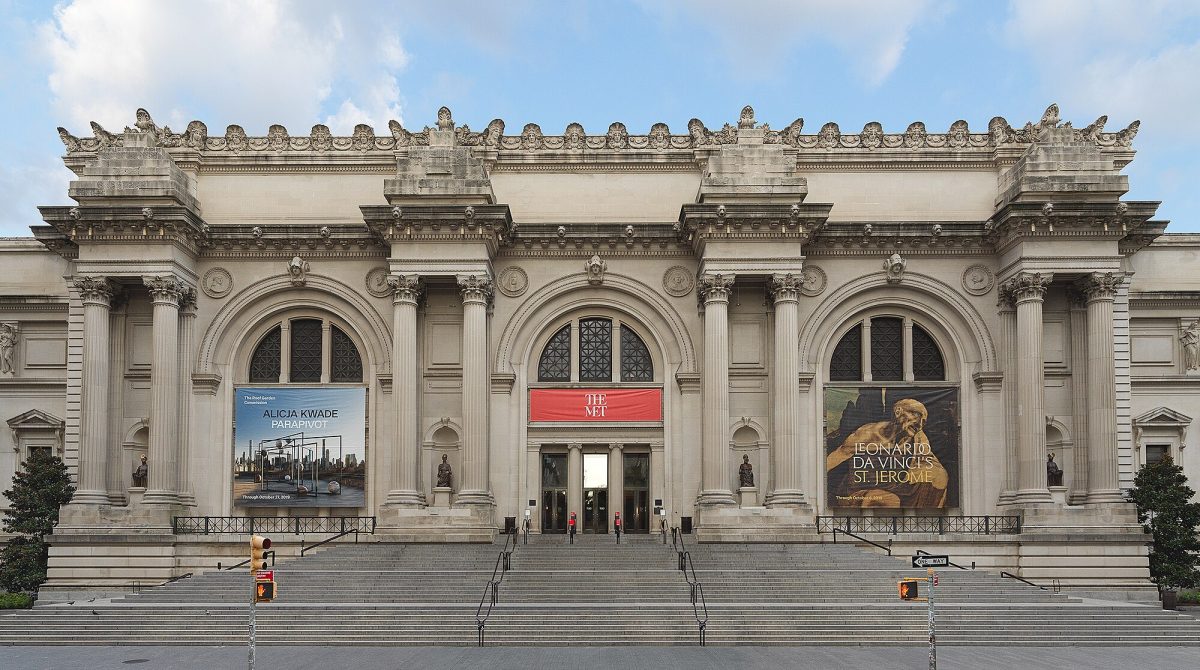By Lam Chung | Staff Writer

During the nomination ceremony for the 63rd annual Grammys, Recording Academy CEO Harvey Mason Jr., as a preface to the announcements, stated, “I’m proud to say that the nominees we’ll be announcing today reflect the diversity of race, gender, age, religion, and musical genre.” Yet, according to USA Today, “Half of the inductees are white; 21% are African-American or of African descent; 8% are hispanic; and only 3% are Asian American/Pacific Islander/Asia,” showing a large disparity in the diversity that was promised.
The Grammys is not the only award organization that used the facade of diversity to its advantage. Award shows such as the Academy Awards and the Golden Globes also claim to be diverse. Awards shows need to stop tokenizing people of color for the sake of views.
Diversity seems to be a buzzword thrown around by award shows in order to get people of color, or supporters of those artists, to tune in. However, they continuously fail in the face of committing to actions to diversify their nominees and winners.
Due to COVID-19 restrictions, the 63rd annual Grammys held its award show online. However, this year they decided to do a pre-show that they did not air on television, but instead on a YouTube livestream—a demeaning act towards the nominees in the announced categories. They presented mainly people-of-color-dominated genres such as Best R&B Song/Album, Best Latin Jazz, Best Jazz Instrumental/Album Best Regional Mexican Music Album, Best Gospel, as well as the highly anticipated Best Pop Duo/Group Performance category, which the K-POP group, BTS, were nominated for, being the first K-POP group to be nominated for any category.
In fact, one of the most anticipated awards of the event was Best Pop Duo/Group Performance due to BTS’ historic nomination. However, they did not win the award, leaving fans and the general public distraught, as the success of the nominated song, “Dynamite” was one of the biggest hits of the year. Additionally, the Grammys placed the BTS performance of “Dynamite” at the very end of the show, showing how the Grammys used the artists’ popularity to prolong the number of views as long as possible.
Similarly, singer and rapper Doja Cat was nominated for three awards, one of which being Record of the Year for her hit song, “Say So.” Parallel to BTS, she did not win any of her awards, and yet, her performance was near the end of the award show, another testament to the tokenization of the group by the Grammys to garner views.
Film award shows are not innocent in tokenizing people of color. The Oscars announced the Best Actor nomination for late actor, Chadwick Boseman, for his last and most critically acclaimed work, “Ma Rainey’s Black Bottom.” The Oscars intentionally placed the Best Actor award announcement at the very end of the ceremony, despite ending on Best Picture every year prior.
After waiting for the highly anticipated moment where Boseman’s career would be posthumously honored by the institution, he did not win the award. Instead, the Oscars gave out goody bags with a non-fungible token (NFT) of Boseman’s face in gift bags. In conjunction with the restructuring of the show, the loss of the award, and the NFT, it became evident that the Oscars capitalized on Boseman’s death for its own benefit.
Award shows must stop tokenizing people of color for image, but actually support and acknowledge the impact these artists have on the industry. Until then, Harvey Mason Jr., and all CEOs alike cannot say they are “proud” of the diversity their shows represent.






